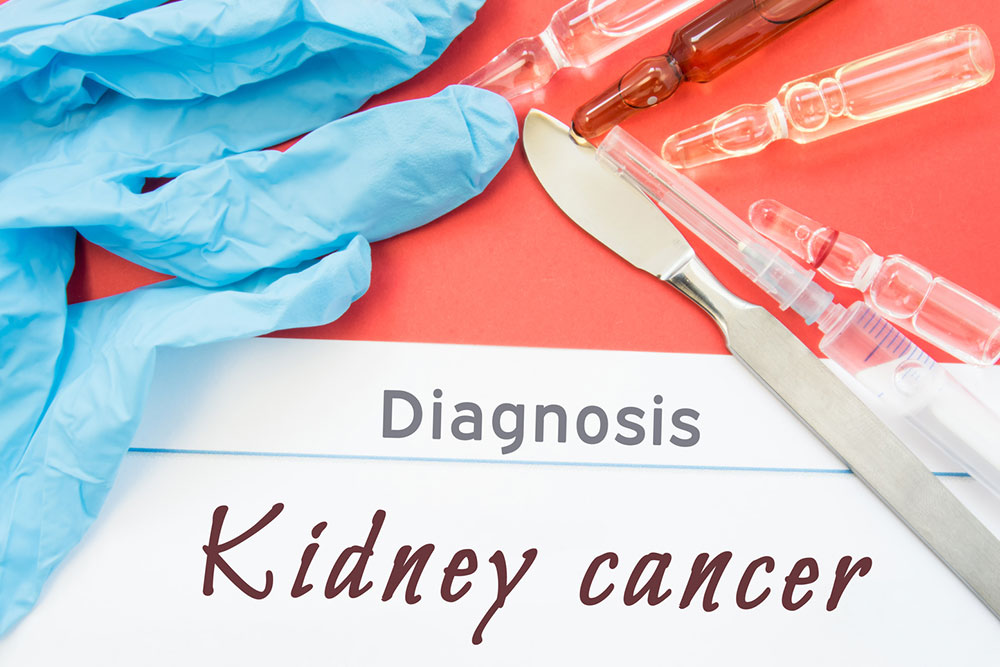
Targeted Therapy for Treating Kidney Cancer
The right treatment option for kidney cancer will mainly depend on the stage and the diagnosis of the cancer. One of the common therapies for treating kidney cancer that involves the use of medication to destroy the cancer cells is known as systemic therapy. In this type, the required medication is flushed through the body’s bloodstream to counteract with the cancer. Such therapies for treating kidney cancer can only be performed by an oncologist or a specialist:
1. Systemic therapy
Systemic therapy as a kidney cancer treatment option involves the use of an IV tube that is inserted into the vein; this could also be administered in the form of oral medication. There are essentially three forms of systemic therapy and they include targeted therapy, chemotherapy, and immunotherapy.
Each of these types of therapy is distinct in the way it is used as a kidney cancer treatment. More specifically, depending on the history of the patient, a single type of systemic therapy may be chosen or combination treatment could be prescribed as well. The course of treatment would be decided by the doctor by factoring in all the relevant data such as the stage of cancer, the rate of progression, and medical history. Before undergoing treatment, one should ensure to consult with their doctor regarding various aspects, such as the treatment time, process, how much it could affect the body, recovery time, and so on.
2. What is targeted therapy?
This is one of the most common types of systemic therapy that could be used for kidney cancer treatment. The main goal of this is to target only the specific genes, proteins, and tissues that contribute to the growth and spread of the cancer cells. Through this form of treatment, these capabilities of these cancer cells are curbed, thereby hindering the cancer’s growth and survival.
3. Types of targeted therapy
Each tumor has a distinctive pattern, and therefore, the tumor may affect different parts with a different growth rate. Accordingly, the targeted therapy needs to be adjusted to deal with the unique and varying characteristics of the tumor. Some of the common forms of targeted therapy include the following:
- Anti-angiogenesis therapy: This focuses on preventing new blood cells from mutating through the cancer.
- mTOR inhibitors: This targets and curbs the growth of cancer cells and slows down the rate of progression of the disease.
- Combined therapies : A combination of medicines could be used based on the stage and spread of the tumor.
Each of these types have their own set of impacts on the body and it is important to discuss with the doctor on those lines to be better prepared to handle the treatment.


